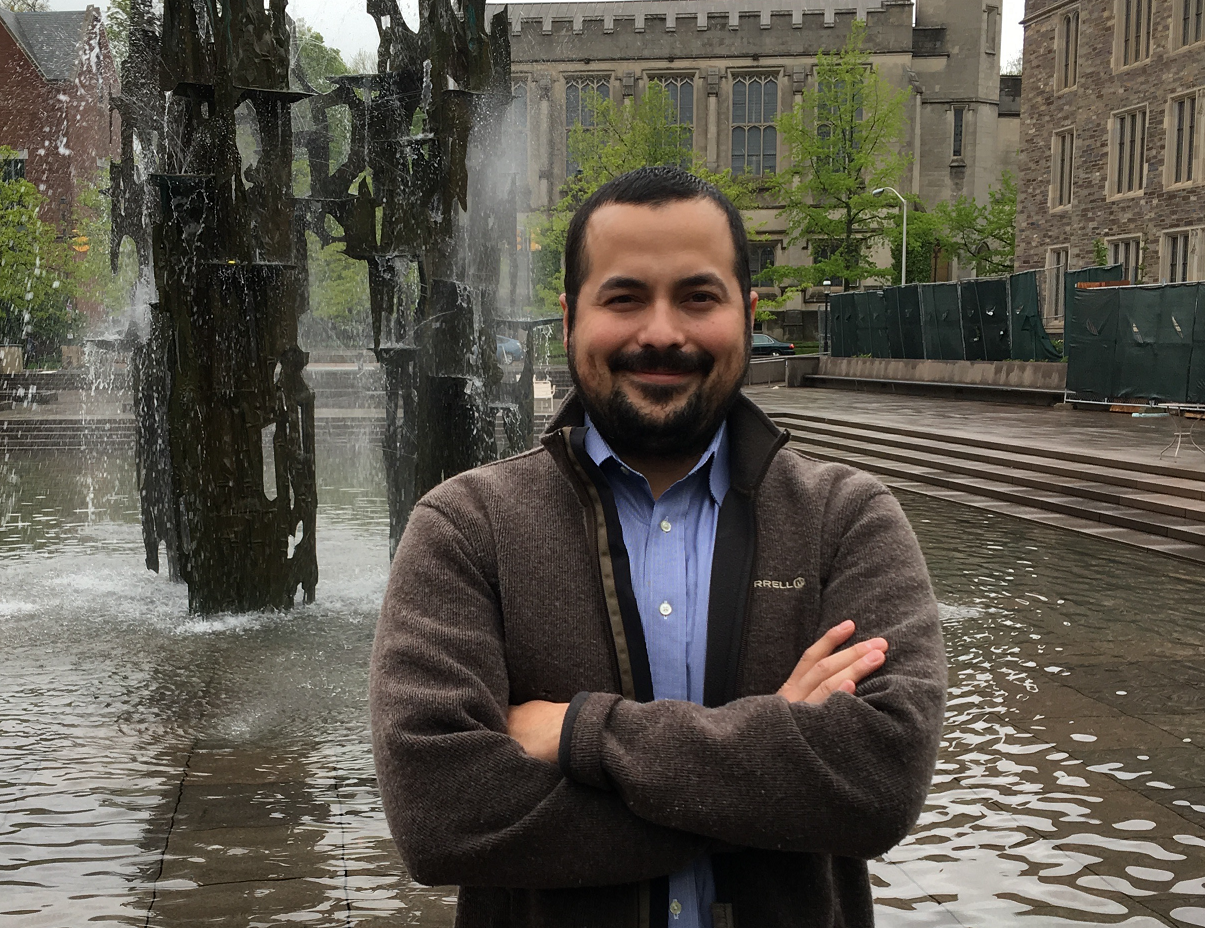Testing Conflict Theory with Data Delivers New Insights
Austin L. Wright from the Harris School of Public Policy at the University of Chicago flew to Moscow from Chicago to discuss ‘Civilian Abuse and Wartime Informing’ at the Political Economics workshop that was held at HSE on July, 20, 2017.
Austin L. Wright is an assistant professor of public policy whose research leverages microlevel data to study the political economy of conflict and crime in Afghanistan, Colombia, Indonesia, and Iraq. His work is supported by the National Science Foundation, the Niehaus Center for Global Governance, the Asia Foundation, and the World Bank. Konstantin Sonin from HSE and Austin L.Wright are colleagues at the University of Chicago and are beginning work on several interesting projects. There is also the possibility of more collaboration with Faculty of Economic Sciences in the future. Professor Wright has talked to HSE News Service about his current research.

For at least the last century, counterinsurgency experts have theorized a link between the way civilians are treated during civil war and which armed actor they decide to support (the government or the rebels). The outcomes of rebellion are, therefore, closely tied to civilian abuse.
I chose this topic because there is so little direct evidence of this argument. Newly declassified military records on intelligence gathering allow us, for the first time, to test these theories in an ongoing conflict, with higher precision than previously thought possible.
For this project, I rely on military records released to me by the United States Department of Defense. These georeferenced and timestamped records track insurgent activity down to the meter, to within minutes of when engagements take place in Afghanistan. To distinguish correlation from causation, we rely on a novel technique that measures the brightness of the moon each night to isolate otherwise random variation in rebel attacks that harm civilians.
We find strong evidence of a well-known but often overlooked fact about asymmetric conflicts: insurgent attacks are easier to coordinate under the cover of darkness. These data were collected from high frequency satellite readings.
We also find that the flow of intelligence to government forces significantly increases in the week following rebel attacks that injure or kill civilians. Our results using previously established techniques indicate that a one standard deviation increase in civilian abuse leads to a nearly 25% increase in wartime informing. Our causal estimates, however, indicate the effect size is larger, with similar levels of harm by rebels causing a tripling of intelligence over average levels. This is equivalent to potentially dozens of additional tips about rebel recruitment, force movement, and planned attacks against government forces.
At the moment, I primarily focus on the civil conflicts in Afghanistan and Colombia. My other research examines conflict and crime in Indonesia, Iraq, Israel, Syria, and Thailand. I am also starting a related project on civilian abuse by security forces (police) in the United States, with a special focus on Chicago. Preliminary evidence suggests that much like in Afghanistan, civilians in Chicago are much less likely to cooperate with armed actors that harm them. In this case, following police shootings, civilians cooperate less with the city government in important ways.
Anna Chernyakhovskaya, specially for HSE News service